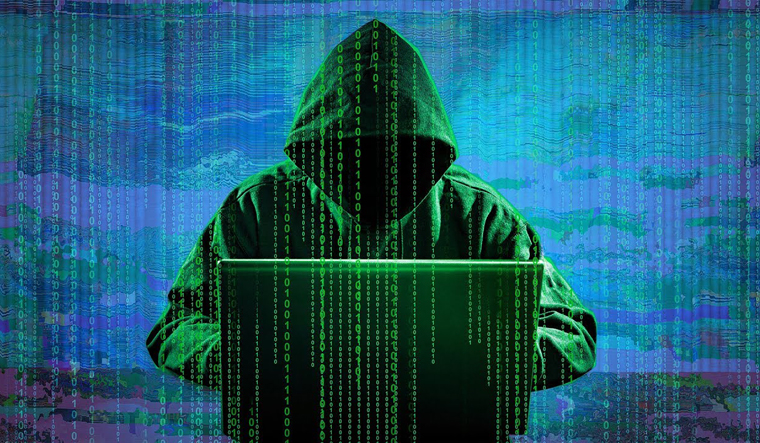The country's largest lender, State Bank of India, has issued a warning asking its customers to be extra cautious amid an imminent cyber attack. "Attention! It has come to our notice that a cyber attack is going to take place in major cities of India. Kindly refrain yourself from clicking on emails coming from ncov2019@gov.in with a subject line Free COVID-19 Testing," the lender said in a recent tweet. SBI further warned that "the cybercriminals are claiming to have 2 million individual/citizen's email IDs and are planning to send emails with the subject 'Free COVID-19 Testing' inciting personal details from the residents of the following cities—Delhi, Mumbai, Hyderabad, Chennai and Ahmedabad."
SBI's warning comes only a couple of days after the Centre's Computer Emergency Response Team (CERT-In) issued an advisory on "COVID 19-related phishing attack campaign by malicious actors". The malicious actors will impersonate as government agencies, departments, and trade associations that are responsible for overseeing the disbursement of COVID-19 related financial aid. They will spoof or create email addresses that look like ncov2019[@]gov.in.
Clicking on links in these emails will take recipients to fake websites where they could be deceived into downloading malicious files or entering personal and financial information.
Cyber fraudsters are on the prowl in the aftermath of COVID-19 as online activities have surged. Most of the companies have moved their work online to help employees work from distant locations. Also, COVID-19-related searches and queries have seen a spike and cyber criminals are trying to cash in on the current situation.
Consequently, there has been a spike in the COVID-themed attacks since January. The number of COVID-related high risk domains, scams, and phishing lures detected every week, has spiked since January until April. While the COVID-related high risk domains have risen from zero to more than 1.2 million between January and April, the number of scams has touched more than 1.6 million during the same period.
How to stay safe:
1. Don't open attachments in unsolicited emails, even if they come from people in your contact list and never click on a URL contained in an unsolicited email.
2. Beware about phishing domain, spelling errors in emails, websites and unfamiliar email senders.
3. Even if it seems like a genuine URL, close the email and directly go to the website and check if you can find the same link there.
4. Exercise caution while opening attachments from even known IDs.
5. Scan for and remove suspicious e-mail attachments; ensure the scanned attachment is its "true file type" (i.e., the extension matces the file header). Block the attachments of file types such as exe, pif, tmp, url, vb, vbe, scr, reg, cer, pst, cmd, com, bat, dll, dat, hlp, hta, js and wsf.
6. Beware of e-mails, links providing special offers like Covid-19 testing, aid, winning prize, rewards, cashback offers.
7. Don't submit personal information to unknown and unfamiliar websites.
8. Consider using safe browsing tools, filtering tools in your anti-virus, firewall and filtering services.
9. Update spam filters with latest spam mail contents.Any unusual activity or attack should be reported immediately at @cert-in.org.in.


